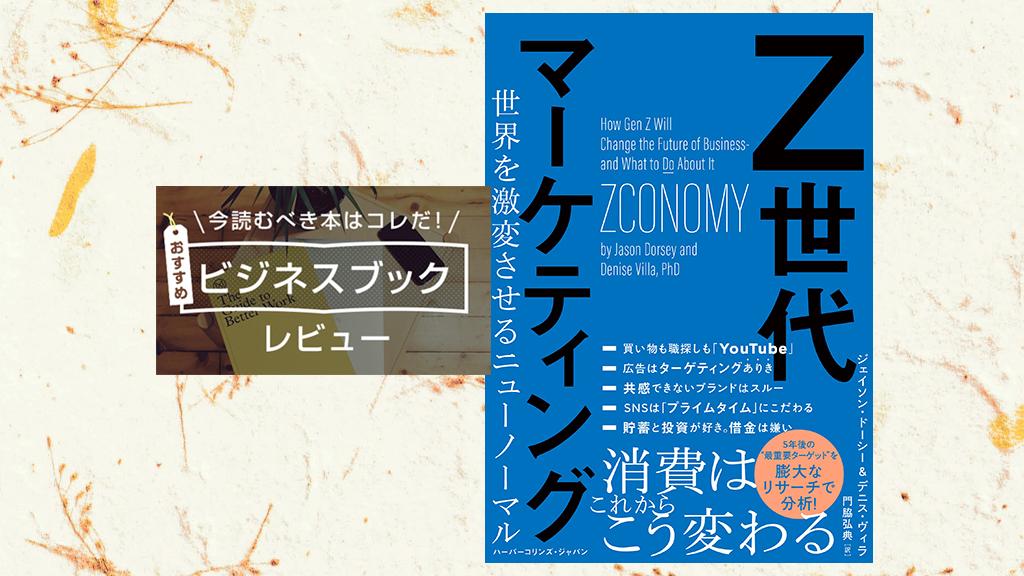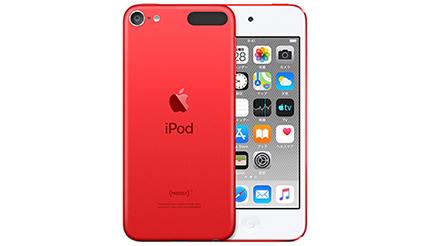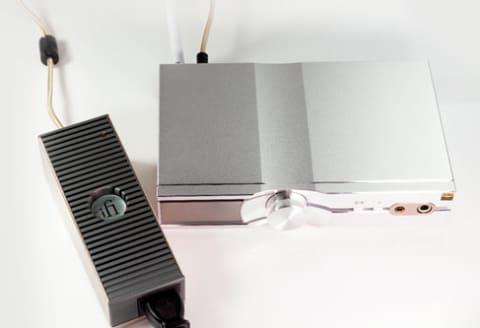Filament CEO Kakusho, who supports a wide range of new business development for companies, has a series of talks with celebrities from various fields who are familiar with business development and remote work, "Masters of Business Development". Currently, as a special edition, we are introducing a person in charge of a major company who is working on a new business at Mori Building's incubation facility "ARCH" in Toranomon, Tokyo.
This time, we interviewed Ms. Akane Hirooka, Chief of Business Incubation at the Lion Business Development Center. Ms. Hirooka is responsible for the business development of "Neighborhood Chef Tomo" (hereafter referred to as "Chef Tomo"), a take-out service that allows customers to entrust the preparation of dinner to nearby restaurants based on her own experience. In the first part, we will talk about how Chef Tomo was developed and how it was launched.
Won the idea contest in the third year after joining the company
Mr. Kado: Ms. Hirooka is active as an intrapreneur, but there are still few women who are challenging new businesses within large companies. I don't know. Personally, I would like to increase the number of female intrapreneurs, so I invited Ms. Hirooka to be a role model. First of all, please introduce yourself and tell us the story of how you came up with Chef Tomo.
Mr. Hirooka: I joined Lion as a new graduate in 2006, and was in charge of sales in Sapporo for the first two and a half years. While it was snowing, he was carrying cartons of detergent and displaying products at drugstores and other stores, but in his heart, he wanted to work in the marketing department or headquarters from the time he joined the company. . So, from the first year, I applied for a business idea contest that was held as part of human resource development at the time, and asked for an opportunity to somehow leave a mark.
Sumi: Did you apply every year?
Mr. Hirooka: Yes. Every year we go to the final selection, and in the third year we were able to win. Is that what started it? In April 2009, I was transferred to the marketing division, the laundry detergent development division, and the fabric care division.
I want to use the time I spend on cooking, which I'm not good at, for work and child-rearing
Mr. Kado: Isn't it a star department?
Mr. Hirooka: I was able to move to the department I longed for, and after that I continued working on product planning, but I took maternity leave and childcare leave for half a year. She likes her job, so she returned after half a year, but when she returned to work, her husband was busy with childcare, so she couldn't do anything at home. . Cooking was the most difficult part.
Sumi: Cooking takes time.
Mr. Hirooka: I think it's good for people who can cook as a hobby because it's refreshing, but in my case, managing the contents of the refrigerator, shopping, thinking about the menu, and washing the dishes is really painful. and. I love going to restaurants to eat, but I find it painful to do it myself, so I wanted to use this time more for my private time with my children and my work time.
Mr. Kado: I can't cook, so my wife cooks for me, but I understand Mr. Hirooka's circumstances. When I ask my husband what the dinner menu is, he tends to say, "Anything is fine." I love my job and want to work, but I can empathize with the pain of having to put all my energy and time into it.
Mr. Hirooka: Chef Tomo was born out of that kind of original experience, interwoven between work and private life.
Mr. Kaku: I see.
Kakukatsu, CEO of FilamentMr. Hirooka: However, my family had to eat, so it all started with having a nearby restaurant make side dishes for dinner. It was so good that when I recommended it to people around me, quite a few people sympathized with it. So could this be a business? Just when I started thinking about this, a new value creation program called "NOIL" was launched within the company. It's my third year now.
A service that allows you to ask nearby restaurants to make side dishes for dinner
Mr. Kado: Could you tell us about Chef Tomo's business?
Mr. Hirooka: In a nutshell, it is a service that allows you to ask nearby shops to make side dishes for dinner. The target is mainly dual-income households on the user side, and small and medium-sized private restaurants on the restaurant side, matching both within the region. It's not a delivery, it's a take-out. Daily menus from nearby shops will be sent to you via LINE, and users will be able to view and place their orders.
"Neighborhood Chef Tomo"Mr. Kado: How is it different from general delivery and takeout menus?
Mr. Hirooka: The menu is like a typical home-cooked meal. Normal delivery and takeout services are in the form of providing the menu that is served at the shop, but Shufutomo has the restaurant make a home-cooked menu that you usually eat at the dining table.
Mr. Kaku: For example, instead of the impactful green curry, you would serve the curry of the house.
Mr. Hirooka: Yes, as an image. There are some stores that don't do that (laughs). The rest is the part of thinking about the menu. I myself use a delivery service, but choosing a restaurant is the same as creating a menu, so I decided to leave it up to the restaurant to think about it.
Sumi: I see. The entire series of processes from buying ingredients to thinking about what to make and cooking is cooking, and I have them do it for me. It means that there are still things to think about when it comes to delivery services.
Mr. Hirooka: Yes.
![[Business Development Experts]](https://website-google-hk.oss-cn-hongkong.aliyuncs.com/drawing/article_results_9/2022/3/23/4590ee8ab7644ec361b6422d30e54396_1.jpeg)
The spread of restaurants thanks to the COVID-19 pandemic
Mr. Kado: By the way, did you think of Chef Tomo before COVID-19?
Mr. Hirooka: I thought about it before. Also PoC (* proof of concept before realizing an idea).
Sumi: Since then, the situation has changed a lot.
Mr. Hirooka: It was a tailwind for our service. Restaurants had no choice but to do take-out and delivery in order to increase their monetization points, and we had the containers and know-how. Regarding pre-order sales, it would be a problem if a privately-run store were to suddenly receive a message saying, "A delivery person will be here in 20 minutes." you just have to prepare.
Sumi: I see. It's easy, isn't it?
Mr. Hirooka: When customers ask for a delivery service, they often use it as a rescue service, saying, "I'm busy today, so let's simply order with a smartphone." Since the day is fixed, you can use your time meaningfully from the morning, saying, "I don't have to make it today."
Mr. Sumi: It's like having a day off in advance. Did the number of users increase explosively after becoming corona?
Mr. Hirooka: Until then (laughs). However, I hope that Chef Tomo will be able to help the restaurant's business even a little.
I wanted to create a product that would solve the user's pain
Mr. Kado: Mr. Hirooka's form of business development is ideal, or rather, the resolution of customer understanding is completely different. The key is whether you want to use it and pay for it. You said that you would try it out in your own surroundings, but did you ask restaurants around you to make prototypes for the product?
Mr. Hirooka: Yes. It happened to be a form of PoC.
Mr. Kado: It's exactly "Natural Born New Business Manager" (laughs)
Mr. Hirooka: From the time I was developing the product, I had a strong desire to create a product that would solve the customer's pain. In the field of laundry detergents, various manufacturers are working hard to get customers to choose their products by improving their technology, devising packages and scents, and running commercials. But if there is a 100 yen cheaper detergent next door, the customer will buy that one. That was in vain, and I wanted to create a business that customers would be willing to pay for this.
Mr. Sumi: I want to make something that sells with the value of the product, instead of selling it with marketing tricks.
Mr. Hirooka: So when my friend jumped at Chef Tomo, I thought it would make sense. However, I was thinking of applying to the startup contest in Tokyo because the food business is not like Lion. At that time, NOIL started, and the name was also called LION backwards and NOIL.
New business creation program "NOIL" to the road to commercialization
Mr. Kado: I see. What kind of process did NOIL go through to commercialize it?
Mr. Hirooka: Four people were selected in the final selection during the four-month selection period, and from there they were divided into a business to develop as a startup and a new business within Lion, and I was the latter. A month later, I was transferred to a department specializing in new business development.
Sumi: That's amazing. It's pretty spartan.
Mr. Hirooka: I will also be full-time, so I won't be able to make excuses. With the intention of having that kind of resolution.
Sumi: How did that actually work?
Mr. Hirooka: Good. Everyone around me has moved after NOIL, but everyone is prepared.
Mr. Sumi: Are there any scaled businesses?
Mr. Hirooka: "Holiday Hack" was once developed as a start-up, but it was bought back by Lion the other day and has been operating as a Lion group company since this year. I don't know what form it will take when I scale, but I will be the head of this business and run it.
Mr. Kado: To be honest, it is rare for a large company to succeed in creating a new business, and it is usually transferred to the business department. That's why I don't have much to do as the top.
Mr. Hirooka: That's right.
Mr. Kado: I think it will be a good lesson for readers to see what happens if you continue with that pattern. Then, if you go as usual, at Lion, you become a manager as the owner of the business, right? I think Chef Tomo might be like that too.
Mr. Hirooka: I think that will be the case if the scale is decided, but if we can enjoy the benefits of new internal businesses, I really want to focus on creating value as much as possible.
In the second part, I will tell you about the current situation of struggling to scale the service and the mind of a person in charge of new business development at a large company.
[This article is about the planning of Kakusho, the CEO of "Filament", a company that supports people and companies who believe in the power of open innovation and "take on new challenges" and further accelerate corporate growth. Delivered in production]
Katsu Masaru
CEO of Filament Co., Ltd.
In 1995, after graduating from Kwansei Gakuin University, he entered the city of Osaka. Since 2012, he has been in charge of preparations for the establishment and planning and operation of the co-creation space “Osaka Innovation Hub” in Osaka City, and has contributed to its development. Established Filament independently in 2015. Since then, as a specialist in new business development support, he has provided a wide range of support, mainly for large companies, from business idea generation to commercialization. Armed with a wide range of knowledge and personal connections across various industries, he practices and pursues open innovation. The company has been actively using remote work for some time, and is promoting a work style that emphasizes not only facilities but also psychological aspects.




